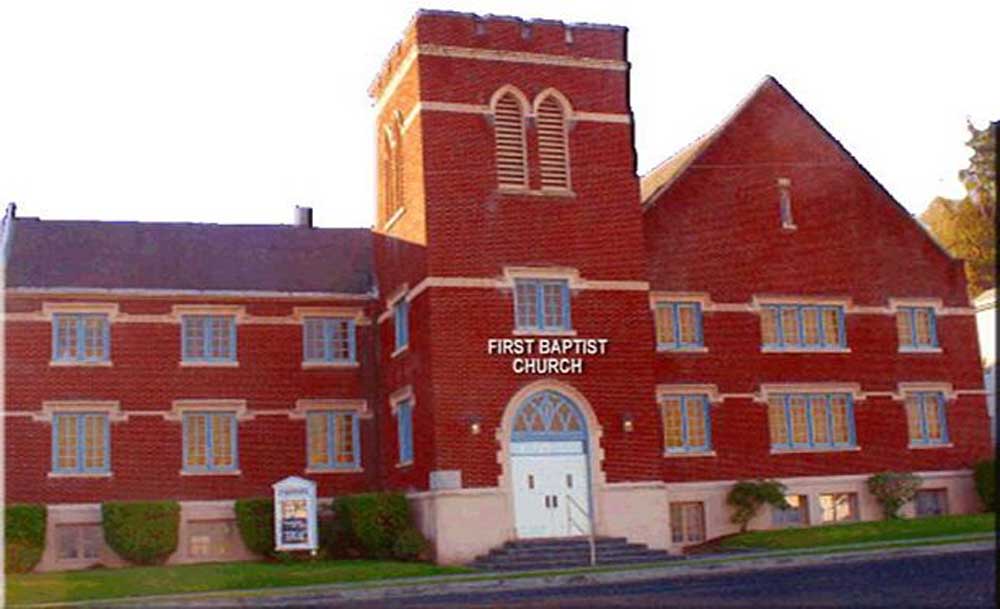New mental health center opens in Astoria
Published 10:15 am Wednesday, June 24, 2020

- Beacon Clubhouse will operate out of First Baptist Church.
A new organization led by an advocate for the homeless hopes to fill a gap in addressing mental illness in Astoria.
Trending
Beacon Clubhouse, funded through the Clatsop County branch of the National Alliance on Mental Illness and based out of the First Baptist Church on Seventh Street, plans to offer community and peer-led resources outside of a clinical setting.
People must be referred to the organization by a partner agency and participation in the clubhouse’s education, job training and health and wellness programs is voluntary. The clubhouse, based on an international model, involves the people being served in running many aspects of operations.
Unlike Clatsop Behavioral Healthcare, the county’s mental health contractor, which can serve people who are in crisis, Beacon Clubhouse will fill a different role.
Trending
“While maybe we will be working with people who are in frequent crisis, we won’t be filling that need because we are nonclinical,” said Erin Carlsen, program director. “But we’ll hopefully be a resource to help those crisis points be reduced.”
Carlsen also runs Filling Empty Bellies, which serves lunch to anyone in need six days a week in Astoria and coordinates other basic services for the homeless.
As director of Filling Empty Bellies, Carlsen had pursued opening a daytime drop-in center for the homeless. She and others in the community envisioned the center as a place where anyone was welcome and visitors could get a meal, do laundry, rest and access a variety of social services. Ideally, they would also help run the center, gaining job skills and giving back to each other.
While Beacon Clubhouse will serve people in a different capacity, Carlsen hopes it will fill a similar sort of gap in the social services landscape.
Mental illness is at the root of many other social issues, such as substance abuse, homelessness, criminal behavior and suicide.
“I’m hoping this will offer people an accepting and accessible space, to really address a root issue,” Carlsen said.
Beacon Clubhouse’s startup costs and first year of operation are being funded through NAMI Oregon. Carlsen plans to pursue grants to make the organization self-sustaining and is pursuing accreditation by Clubhouse International.
The Clubhouse model dates back to the late 1940s. It emerged from a self-help group created by former patients of a state hospital after their discharge. There are now official Clubhouses globally and across the United States. They serve adults and young adults diagnosed with serious mental illnesses.
A 2016 review of available research about the model concluded that the Clubhouse programs “are worthy of support as one component of a spectrum of rehabilitative services for persons with serious mental illness.”
Two of the people at Beacon Clubhouse are participants in Treatment Court, a program administered through the county’s Circuit Court.
Membership at the Clubhouse is part of their rehabilitation program, providing them a place to be and a community. As participants in Treatment Court, they have certain goals they must meet.
“We’re filling this need for them … maybe to have something to look forward to,” Carlsen said, “a goal to stay sober that day or to stay on task.”









